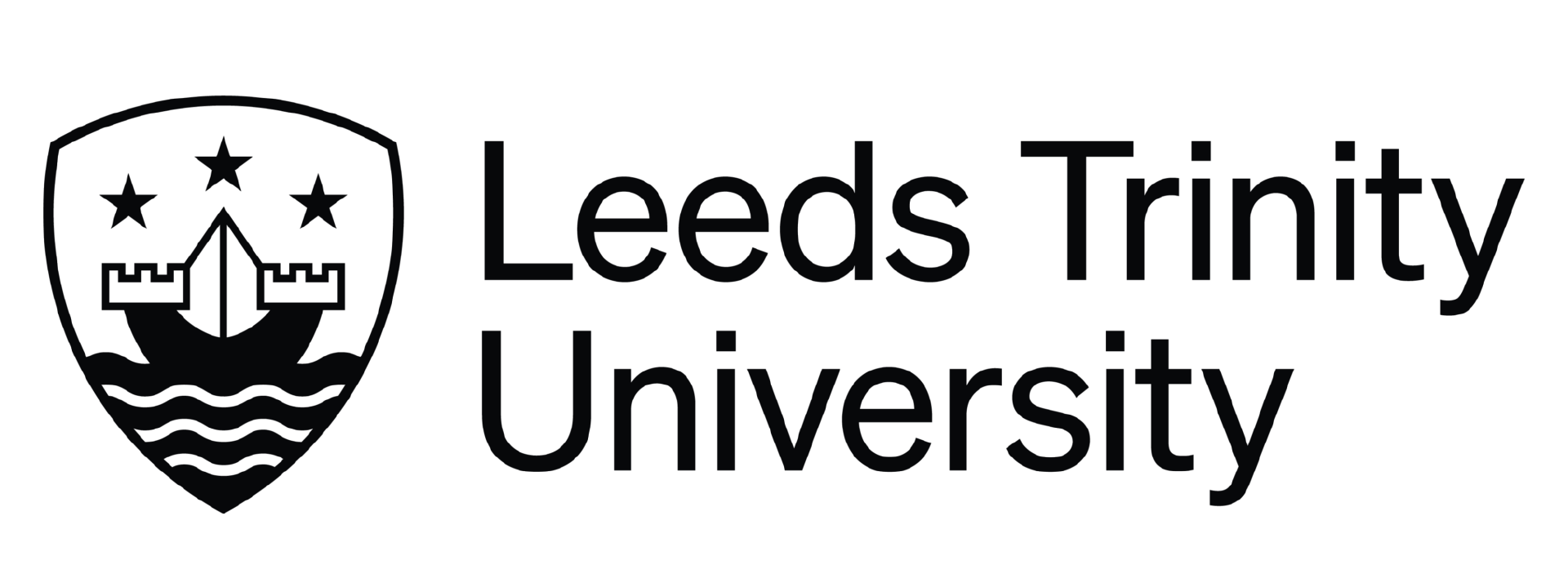The first pilot approach to test PERN were a series of webinars. These events were held during the course of July 2020 and were initially coordinated by the University of Leeds, working together with Yorkshire Universities. They offered and opportunity for debate and conversation by experts and academics, adding value to the policy development of the recovery strategy.
Each topic was raised by the Economic Recovery Board, and included questions to structure to the debate and conversation. The webinars were based on the following principles:
- To provide space for independent critical analysis and reflection on thematic areas considered by the West Yorkshire Economic Recovery Board as critical to the city-regions sustainable recovery.
- Researchers and others wishing to participate in the webinars will be asked in advance to consider specific policy questions of interest to the Economic Recovery Board.
- In the spirit of inclusivity, the webinars and/or future mechanisms will seek contributions from a wide a range of research and policy perspectives within and across Yorkshire.
Webinar one: The future role of towns and cities (7 July 2020)
Confidence in safe public spaces needs to be rebuilt. Transitioning to the reopening of the economy will test places, markets and communities, and an agenda to look beyond to long term strategic planning and investment:
- What does the future towns and cities look like post COVID with the accelerated further contraction of retail and now office space, but a resurgence of local smaller scale retail offer?
- Will they fulfil the same role and function as they did pre-pandemic?
- What are the opportunities and what actions need to be taken?
- What role can digital play in reimagining these spaces/places?
Further information: Summary, Slide pack, Attendees, Speaker affiliations
Webinar two: Clean and green recovery which also tackles the climate emergency (8 July 2020)
When considering how to stimulate our economy, and once the pandemic is brought under control, efforts to safeguard economic stability can be supported by a range of green stimulus that will help also protect the environment and Tackle the Climate Emergency (TCE). They have a strong role to play in boosting jobs, skills, R&D and wider economic growth while also supporting a range of social benefits and a clean energy transition. We also know that this needs to be a ‘Just Transition’. The City Region has made significant commitment to be net carbon zero by 2038 and has an action plan in place delivering projects and programmes. An emission reduction pathways study is also underway. This is exploring how to decarbonise our region and what common prioritised actions we need to start to take to meet the 2038 target.
However, in light of COVID-19 there is a need to re-prioritise current activity to support economic growth whilst still tackling our climate emergency. We know that our plans to tackle the climate emergency could create a new ‘green deal’ to further aide economic recovery. To be able to demonstrate the actual contribution climate emergency related plans could play in the Economic Recovery Plan (ERP), how can we:
- Fully quantify the economic, social and environmental benefits of our current and future plans to tackle the climate emergency?
- Prioritise such plans to create a multi-beneficial, costed, new green deal package of programmes to support the ERP?
- How do we ensure that other planned activity in the ERP does not result in increased carbon and other emissions / wider detrimental impacts on our natural environment?
Further information: Summary, Slide pack, Attendees, Speaker affiliations
Webinar three: Start-up and entrepreneurial innovation led recovery (15 July 2020)
Transitioning to a ‘new normal’ will need to focus on re-imaging and re-valuing sectors of importance. It also provides potential to identify strengths and support to innovation and entrepreneurs:
- Can a start-up and entrepreneurial innovation led recovery drive West Yorkshire out of recession?
- Should the focus be on innovation led entrepreneurship or more generally on creating more enterprises?
- How do we ensure this is as diverse and inclusive as possible?
Further information: Summary, Slide pack, Attendees, Speaker affiliations
Webinar four: Resilient supply chains (16 July 2020)
A global pandemic has had inevitable impacts on the international flow of goods and services. Coupled with the UK’s transition to a post-Brexit independent trading status, the question of how to achieve the resilient supply chains needed both for businesses and consumers has never been as important. This is especially true in West Yorkshire where we have no OEM (Original Equipment Manufacturer):
- What is the right approach?
- What should be learned from the COVID experience?
- How does any approach balance productivity and competitiveness with inclusion and tackling the climate emergency?
Further information: Summary, Slides, Attendees, Speaker affiliations












